With winter drawing closer and the threats posed by the COVID-19 virus a serious concern for everyone, it is important that we all take proactive measures to boost our immunity.
While personal hygiene and social distancing are vital factors, a fortified immune system is also necessary to ward off infections.
READ MORE: 5 steps to fortify your immune defences
While a wholesome and nutritious diet is pivotal in this regard, you can offer your body additional support with immune-boosting supplements. Here are 7 of the most beneficial supplements:
Vitamin C
Immune cells such as macrophages and neutrophils (the most abundant type of white blood cells in mammals, which form an essential part of the immune system) are voracious consumers of vitamin C when fighting infections.
As such, we can compromise our immune response when our vitamin C intake is sub-optimal.
Studies have clearly shown that high dose vitamin C supplementation enhances the immune response, which requires daily doses of vitamin C in the gram range to significantly enhance immune function.
Vitamin E
Vitamin E is a potent antioxidant, which helps to prevent the oxidation of various fats that are an integral component of every cell membrane in our body. As a consequence, low vitamin E levels can result in damage to the membranes of white blood cells, which can negatively affect our immune response. Due to its importance, numerous studies affirm vitamin E’s immune-enhancing effects.
Selenium
Selenium functions in synergy with vitamin E as a powerful antioxidant, helping to control oxidative stress and inflammation, while also supporting immune cell function.
One study shows that a selenium deficiency can negatively impact immune cells during activation, differentiation, and proliferation, and can also impair important functions such as protein folding and calcium flux.
Zinc
Zinc plays an important role as a co-factor for other antioxidants, so it is not surprising then that studies link zinc deficiency with a rapid decline in immune cell (lymphocyte) function. As such, you can restore and boost immunity through zinc supplementation.
Coenzyme Q10
Coenzyme Q10 (CoQ10) enhances macrophage (immune-enhancing white blood cells) activity. As such, supplemental CoQ10 may improve cell-mediated immunity and improve resistance to bacterial infection.
CoQ10 also seems to boost antibody-mediated immunity as a result of increased antibody production, which can improve your resistance to viruses. Together with CoQ10’s potent antioxidant effects and scientific evidence that supports its immune-boosting effects justifies its use in immune-boosting supplement plans.
L-glutamine
Research shows that immune cell replication requires glutamine. Unfortunately, immune cells cannot produce this ‘non-essential’ amino acid and it is almost exclusively made by muscle cells.
Since the immune system uses a lot of glutamine, particularly during periods of infection, your muscles have to produce excess amounts to adequately support immune function.
This dilemma has resulted in some researchers now re-classifying glutamine as a ‘conditionally essential’ amino acid. This means that under certain conditions, such as periods of severe stress from exercise or illness, the body is unable to produce sufficient glutamine to meet its requirements. During these times, glutamine supplements can play an invaluable role in supporting the immune system.
Beta-carotene
Research has shown that beta-carotene has important functions in disease prevention in humans by boosting immunity. This is as a result of its support of specific immune cell production and activity as it is able to increase base levels of T-lymphocytes and natural killer cells.




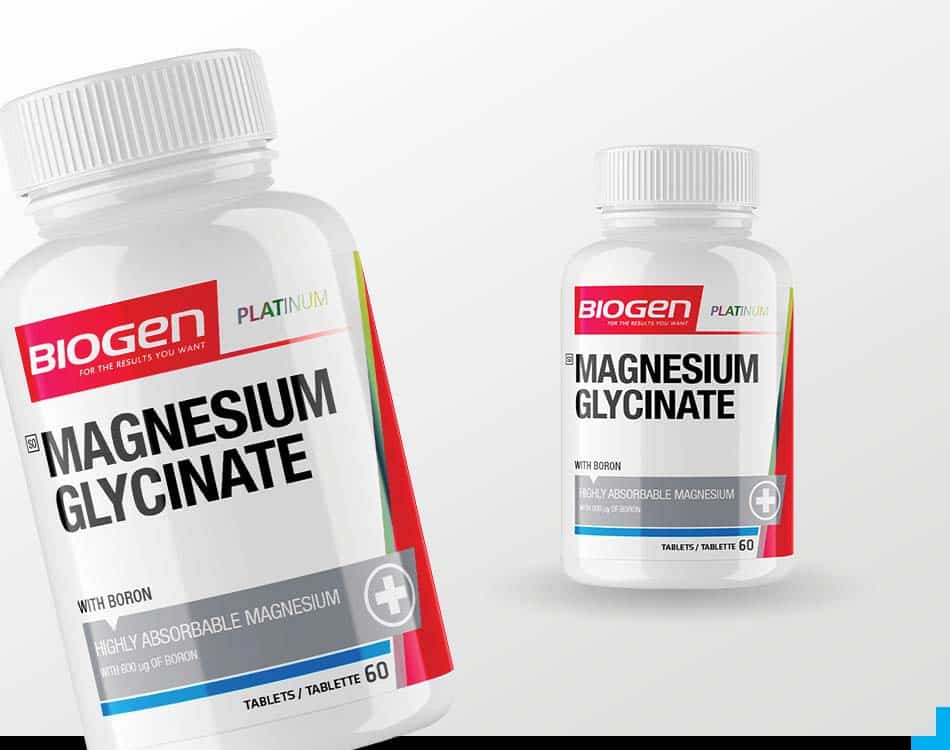
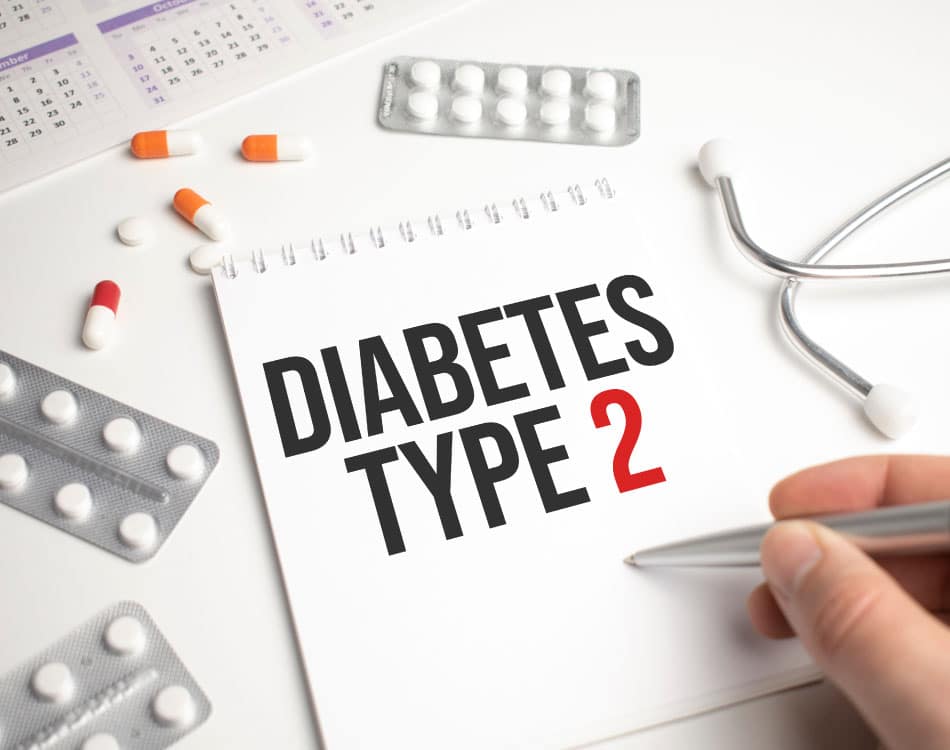
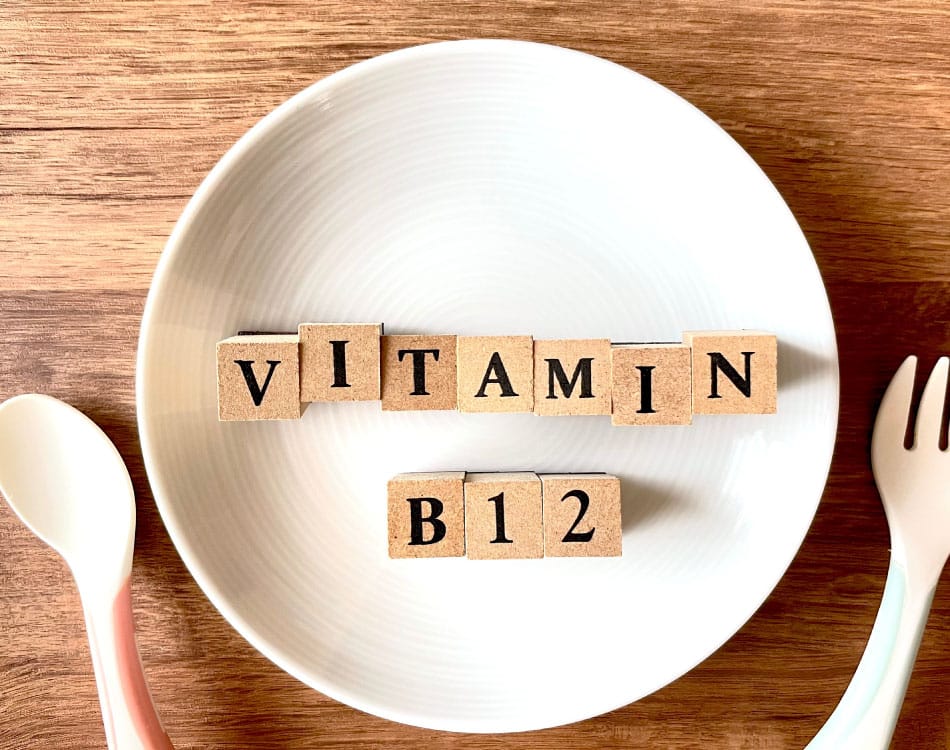






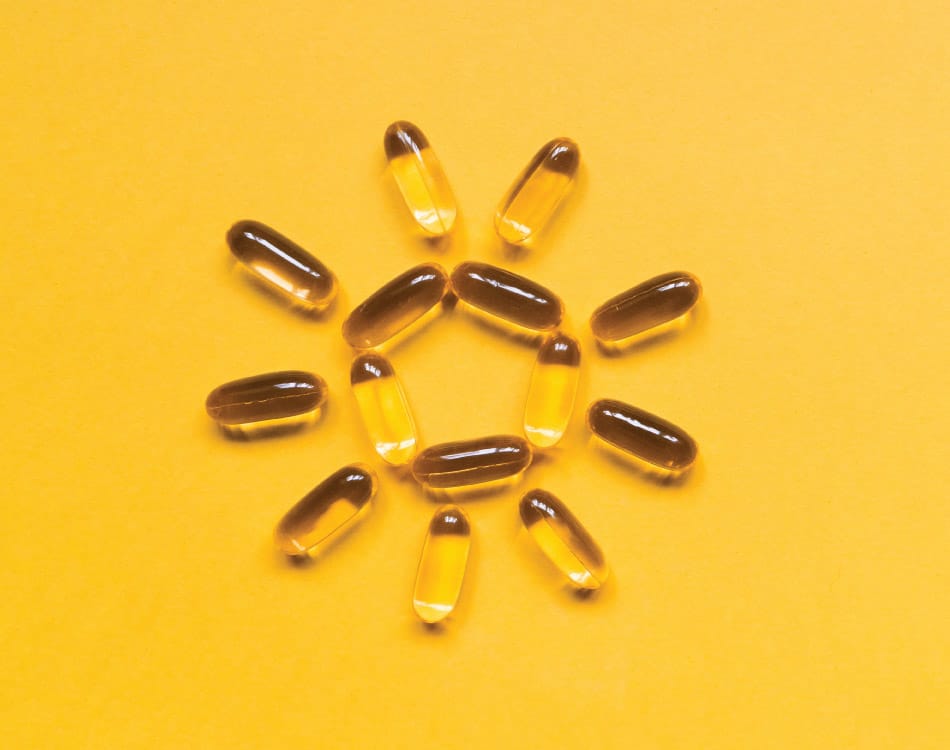
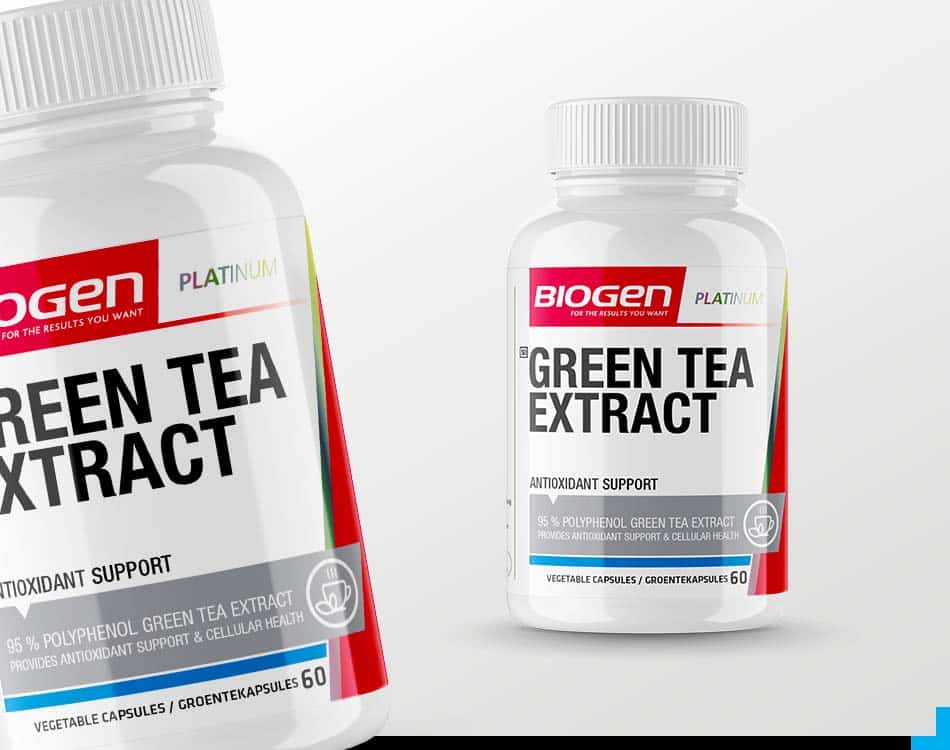



Leave A Comment